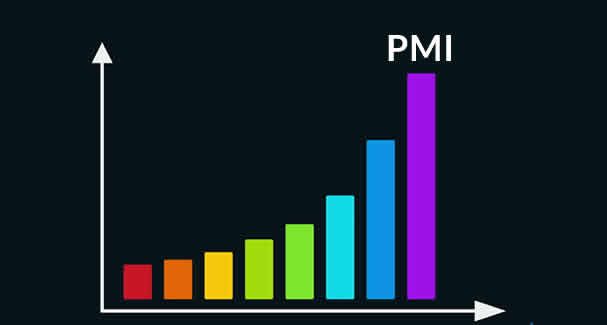MARKETS AND ECONOMY
Nigeria’s Private Sector Weakens as Cost Pressures, Weak Demand Bite
Published
2 years agoon

By Cowry Assets
This week, we analyse the performance of Nigeria’s private sector in July, with rising cost pressures and a weakening economy taking a toll. According to the latest Purchasing Managers’ Index (PMI) report from Stanbic IBTC Bank, the headline PMI fell to 49.2 points in July from 50.1 in June.
This drop signifies a slight downturn in business conditions, as the index slipped below the 50.0 threshold for the first time in eight months, indicating a contraction in the Nigerian private sector. The decline is largely attributed to high price pressures that have dampened demand, leading to reduced business activity and fewer new orders.
Read Also:
The data highlights the renewed challenges facing the private sector, where sharp price increases have stifled customer demand, making clients hesitant to embark on new projects. Of the four sectors surveyed, only the manufacturing sector reported an increase in production, while the others experienced a decline in business activity. Selling prices surged at the beginning of the third quarter as companies passed on higher input costs to their customers. However, inflation moderated slightly as businesses sought to stimulate sales by reducing their charges.
July saw a significant increase in both purchase prices and staff costs. Purchase price inflation reached a four-month high, driven by currency depreciation and rising raw material costs. At the same time, employee expenses continued to rise as companies supported their workers with higher wages, particularly to offset increased transportation costs. Despite these challenges, the reduction in demand for inputs and the timeliness of payments helped to shorten suppliers’ delivery times, leading to an increase in stocks of inputs. Employment levels also saw a slight uptick, with job creation reaching its highest pace in 2024 so far, and backlogs of work were cleared for the second consecutive month. Despite a general decline in business confidence, firms remain optimistic about future growth, as reflected in their ongoing expansion plans.
On the global stage, economic expansion slowed for the second consecutive month, as reported in the J.P. Morgan Global Composite PMI for July 2024. Despite this slowdown, the current reading remains among the strongest seen over the past year. Job growth continued for the third straight month, yet business confidence plummeted to its lowest level since November, due to heightened geopolitical uncertainty and slower growth in new business. The PMI Output Index dropped to 52.5 points in July, down from May’s 12-month high of 53.7 points, marking the first decline in nine months of growth and the index’s lowest level since April 2024.
The service sector saw a slight increase in activity in July, while manufacturing growth nearly stagnated, reflecting divergent trends in new business. Service providers enjoyed increased new work for the ninth consecutive month, whereas the manufacturing sector experienced a decline in new orders for the first time since January. Among the 13 countries surveyed, all but Germany, France, and Australia recorded expansions in output. India, Brazil, and the United States led in output growth, with the UK, Brazil, and Kazakhstan showing faster rates of increase. Meanwhile, Japan and Russia returned to expansion, though growth in the euro area significantly slowed.
Job creation maintained its momentum for the third month, matching June’s 12-month high, with staffing levels rising in almost all countries except Germany. This growth was primarily driven by the strong performance of the service sector, while employment in manufacturing remained stable. However, business optimism for the year ahead fell to an eight-month low, remaining below the long-term survey average for the second consecutive month.
Developed markets generally exhibited more optimism than emerging ones. Input price inflation reached a ten-month high, with service sector costs rising at the fastest rate since March, outpacing manufacturing costs for the 27th consecutive month. Although some of these increased costs were passed on to clients, the rate of selling price inflation was the lowest since October 2020. The rate of increase in global manufacturing continued to lag behind that of the service sector.
For Cowry Research, we think that while Nigeria’s private sector is currently facing significant challenges, strategic adjustments in cost management, pricing, innovation, and customer engagement can help businesses navigate the current environment. The long-term prospects remain promising, with opportunities for growth as the economy stabilises and companies adapt to new market dynamics.
Share this:
- Click to share on X (Opens in new window) X
- Click to share on Facebook (Opens in new window) Facebook
- Click to share on WhatsApp (Opens in new window) WhatsApp
- Click to share on Pocket (Opens in new window) Pocket
- Click to share on Telegram (Opens in new window) Telegram
- Click to email a link to a friend (Opens in new window) Email
- Click to share on LinkedIn (Opens in new window) LinkedIn
